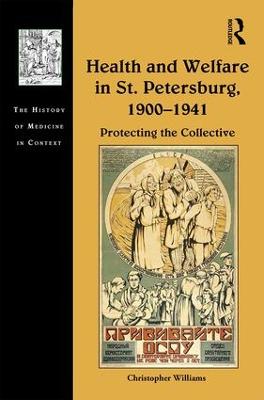Intergenerational Justice
 -15%
portes grátis
-15%
portes grátis
Intergenerational Justice
Meyer, Lukas H.
Taylor & Francis Ltd
05/2012
522
Dura
Inglês
9780754629856
15 a 20 dias
1238
















